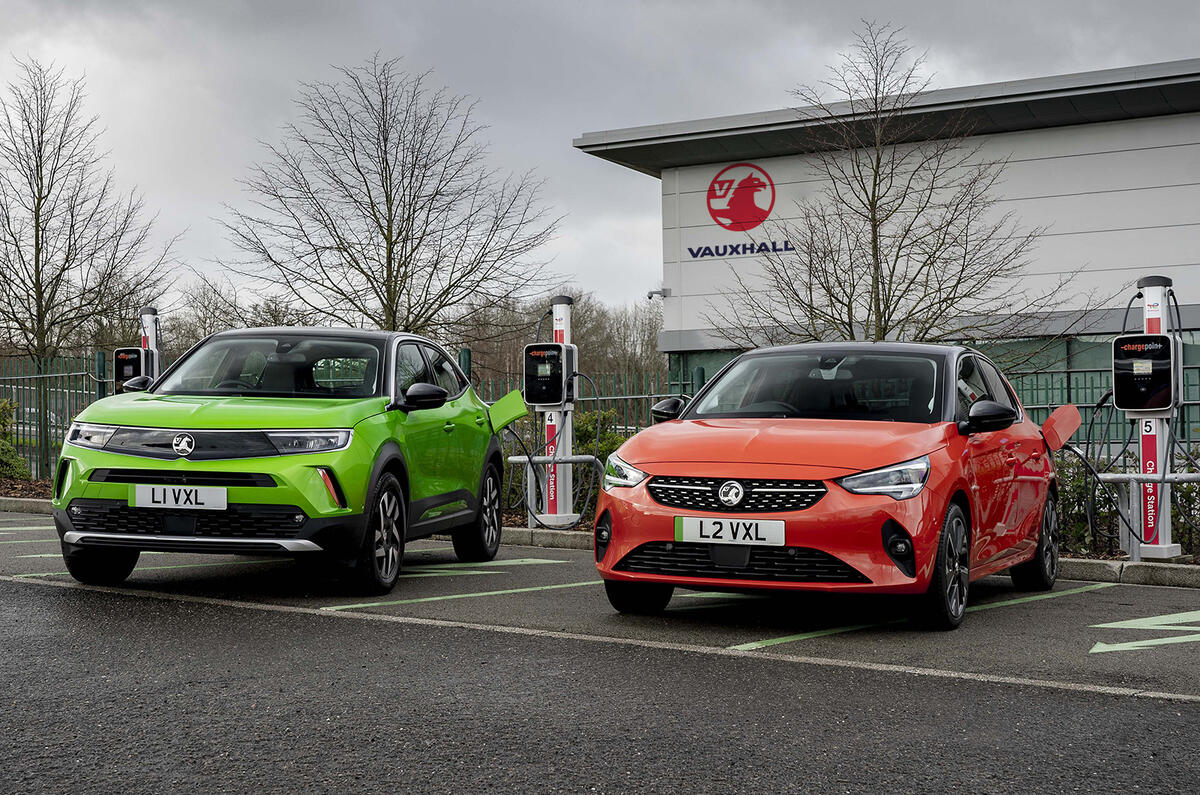Discounting is back with a vengeance in the UK new car market, with some seemingly incredible deals available on certain models. Yet look closer and you will see that there's plenty of smoke and mirrors at play.
Vauxhall tops the discounting charts with an average discount of 17.5% across its model range, according to data from What Car?'s team of Target Price mystery shoppers.




Add your comment